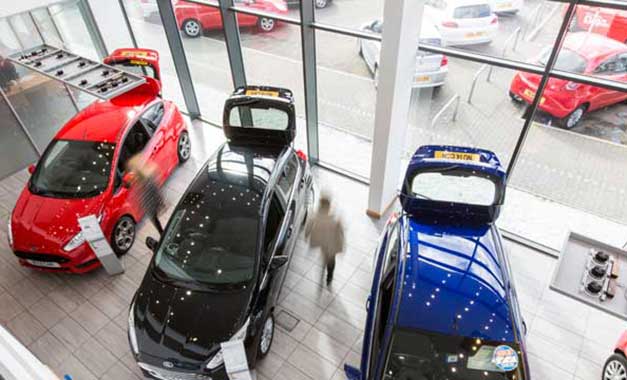Duty of care
Changes to legislation mean that businesses are more exposed than ever to the risks from the behaviour of their drivers. Corporate manslaughter laws make it easier to prosecute companies responsible for fatal accidents. With an unlimited maximum penalty for a conviction, no company can take their duty of care seriously enough.
Did you know? It is an offence to allow an employee to drive a vehicle for work without a valid driving licence.
Before allowing somebody to drive a company car, you'll need to find out:
- Has the driver ever passed a test?
- Is the driver currently banned?
- Is the driver entitled to drive the category of vehicle they are operating?
- Does the driver have any undisclosed points on endorsements on their licence?
- Does the driver's recorded address match?
- Does the driver hold a current photocard?
Since the paper counterpart of the photocard driving licence was abolished, it's even harder to check employees' driving licences, because the paper counterpart contained details of driving offences and endorsements.
Employers are obliged to ensure that employees or nominated drivers are legally entitled to drive as part of their duty of care requirement.
But what about GDPR?
The new EU General Data Protection Regulation (GDPR) came into force on the 25th May 2018. GDPR affects every organisation which holds or processes personal data.
The D796 (driving entitlement consent form) has changed to the D906 Fair Processing Form which is valid for three years. As of the 25th August 2018, fleet managers and organisations can only have their drivers' licences checked if the D906 has been completed. An e-declaration invitation must also be completed which allows drivers to input their data online securely.
Why choose DriverCheck?
DriverCheck helps you comply with health and safety guidelines regarding driving licence checking. Once your drivers are set up, the process is automatic so you can't forget. This not only reduces the risks to your business, but also alleviates the administrative burden of checking. All you need to do is register your drivers' details with us and nominate how often you would like our system to check their records.
Top tip: Driving licences should be checked at least annually, but it may be advisable to do it more frequently as penalty points can accumulate quickly.
We charge a flat fee every time our system checks an individual's records. You're in control of the frequency and can increase or decrease how often we check an individual's records based on the status of the driving licence.
We understand GDPR
DriverCheck is committed to high standards of information security, privacy and transparency. We place a high priority on processing, protecting and managing data in accordance with GDPR and DVLA standards. We're accredited with ISO/IEC 27001 which is the highest level of accreditation of secure data management.
Find out more about our partnership with DriverCheck here.


